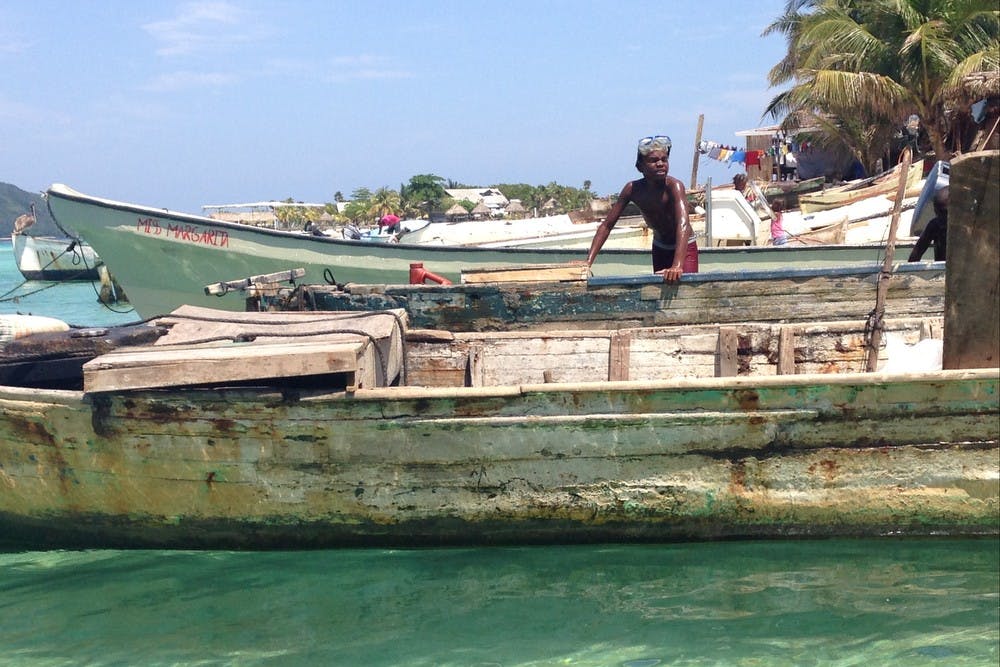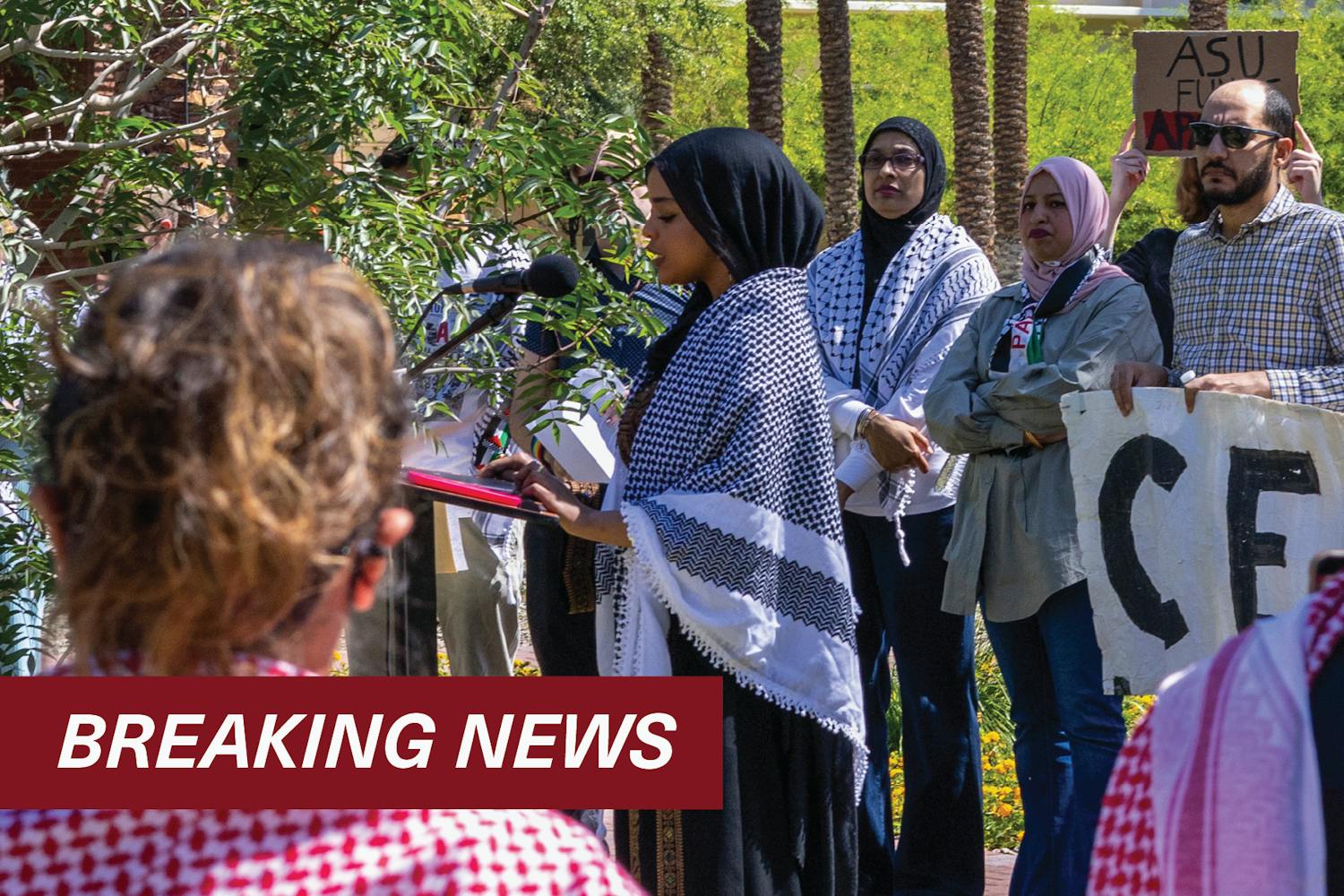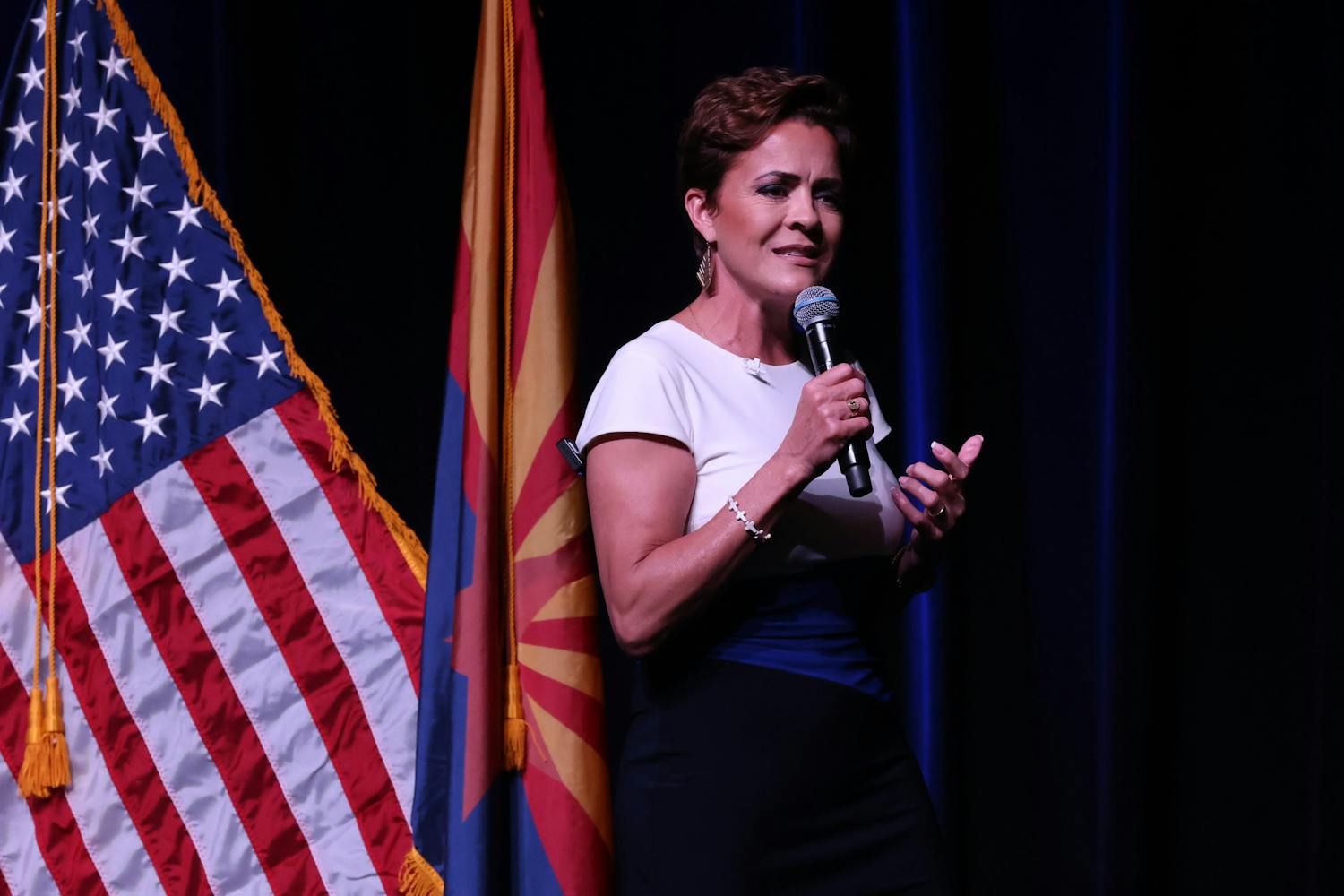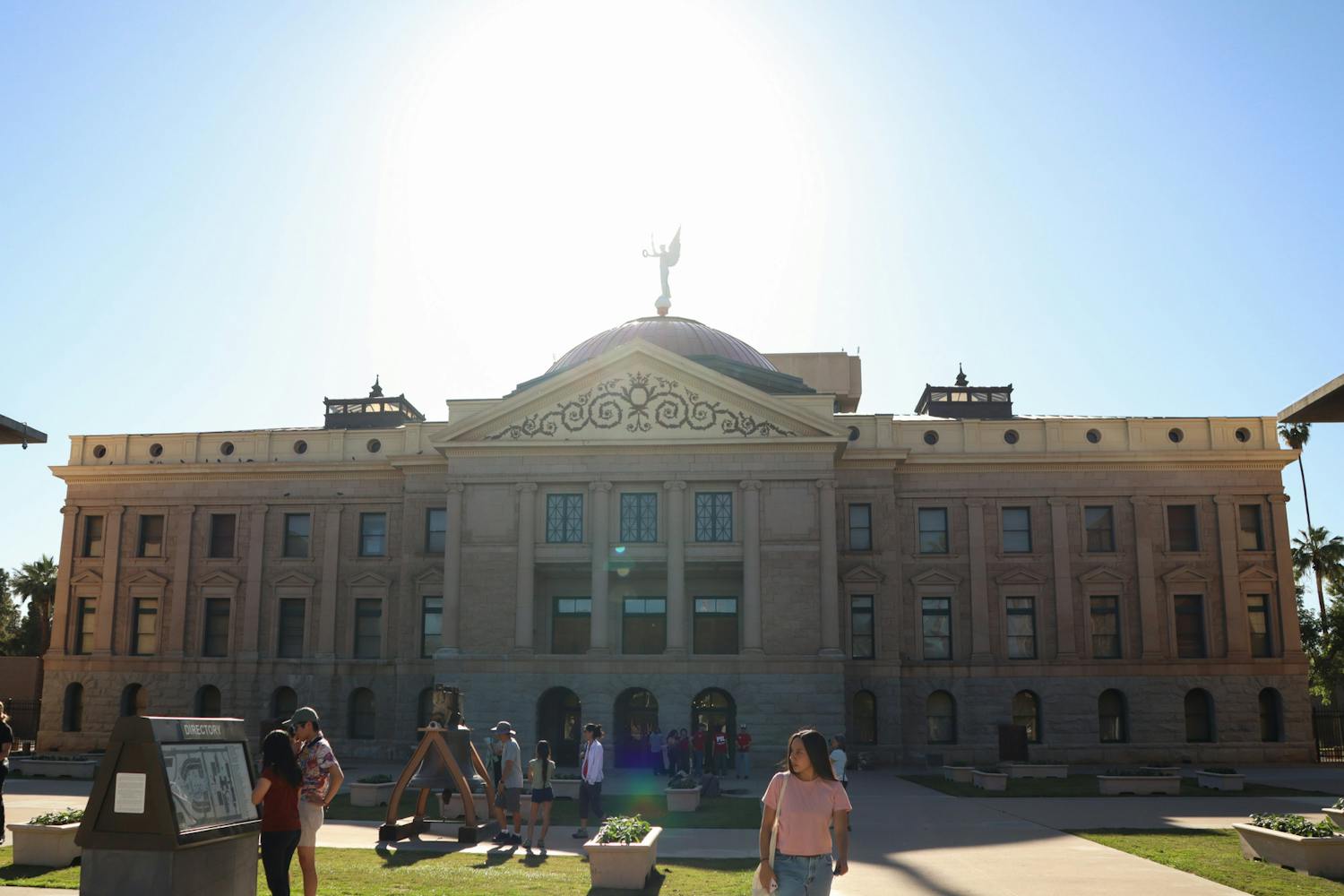For most Americans it isn't difficult to get access to quality medical care, but some countries are not as fortunate. The Project C.U.R.E Club at ASU advocates for an international organization that sends supplies to regions of the world without the means to meet basic medical needs.
Project C.U.R.E. is the largest provider of donated medical supplies and equipment to developing countries around the world. C.U.R.E. stands for Commission on Urgent Relief and Equipment.
Pre-professional health sciences senior and club president Rachel Polombo is in her third year working with Project C.U.R.E. She said the club was brought to ASU to advocate for the organization and get students who need volunteer hours or are interested in health care careers involved.
Polombo worked as a CNA for two years and said she didn’t see the kind of biomedical equipment that she’s able to be hands-on with through Project C.U.R.E. She said students volunteer at the organization’s warehouse in Tempe, which she described as being like the “Costco of donated medical supplies.”
Hospitals, outpatient facilities and many other places with medical supplies donate expiring or extra items to the organization’s warehouse. Project C.U.R.E. volunteers then sort through the materials, package them and send them to third world countries all over the globe.
Polombo said retired nurses also come in to sort some of the more advanced equipment that volunteers aren’t equipped to deal with. She added that organizing the supplies and preparing them for shipment takes a lot of man power, but is well worth the effort.
“There are few ways that you can have a global impact and with this you’re spending your Sunday packaging up Ebola kits to send over to kids in Africa,” Polombo said. “You can send money, but you never know how it’s used. With this you’re actively putting in your blood sweat and tears of ripping open the boxes. You’re sweating.”
Project C.U.R.E. has representatives at the facilities that they ship to, who call and ask for supplies that they’re running out of.
The organization also offers PhilanthroTravel trips where volunteers can work directly with those in need. Polombo went on a medical mission trip in 2014 with a different campus organization and spent 10 days working in Honduras hospitals.
She said going on the trip and seeing the destitute facilities was an eye-opening experience. One of her experiences at a hospital in La Ceiba was especially memorable. Polombo said the facility didn’t have floors or air conditioning.
“I was taking the blood pressure for the pregnant women that were coming through there and they were packed in like sardines,” she said. “You could barely move it was really unsanitary. They didn’t have gloves and they were giving vaccines without gloves.”
Polombo said what she saw in Honduras was nothing compared to the facilities in the United States and it amazed her how desperate the area was for medical aid.
“You have these beautiful facilities here and you have a patient to each room and there you were literally sitting on top of each other,” she said. “Everybody is sweating and coughing. It was disgusting and it was really sad what they have to go through just to get medical care if they can even get the care.”
Adviser and Barrett Honors Faculty Fellow Joseph Foy has worked with the club for two years and said he is extremely proud of what the students accomplished.
“(ASU President Michael Crow) often reminds us how important it is for students and faculty to engage and give back to the global community,” Foy said. “Here is a fantastic example of ASU students who are taking the initiative to do that.”
Medical studies sophomore Natalie Wood said she hopes to become a pediatrician or pediatric surgeon and said she thinks these efforts are extremely important and need to be expanded.
“Here in America we can't use the materials even though they are still viable,” she said. “I think it is great that an organization has come together in order to utilize the materials fully.”
Polombo said since ASU is full of pre-med students and people interested in medical careers, Project C.U.R.E. is a great way to get volunteer hours, especially because the warehouse is so close to campus.
“(I joined because) I thought it was a cool opportunity to get hands on experience with surgical tools and medical supplies that you wouldn’t see, and of course, the cause is pretty great,” she said. “It’s amazing what they can do for people.”
Related Links:
Scholarship awarded to student for philanthropic work
A World Away: From ASU to Madagascar
Reach the reporter at bridget.dowd@asu.edu or follow @bridgetbernice on Twitter.
Like The State Press on Facebook and follow @statepress on Twitter.




